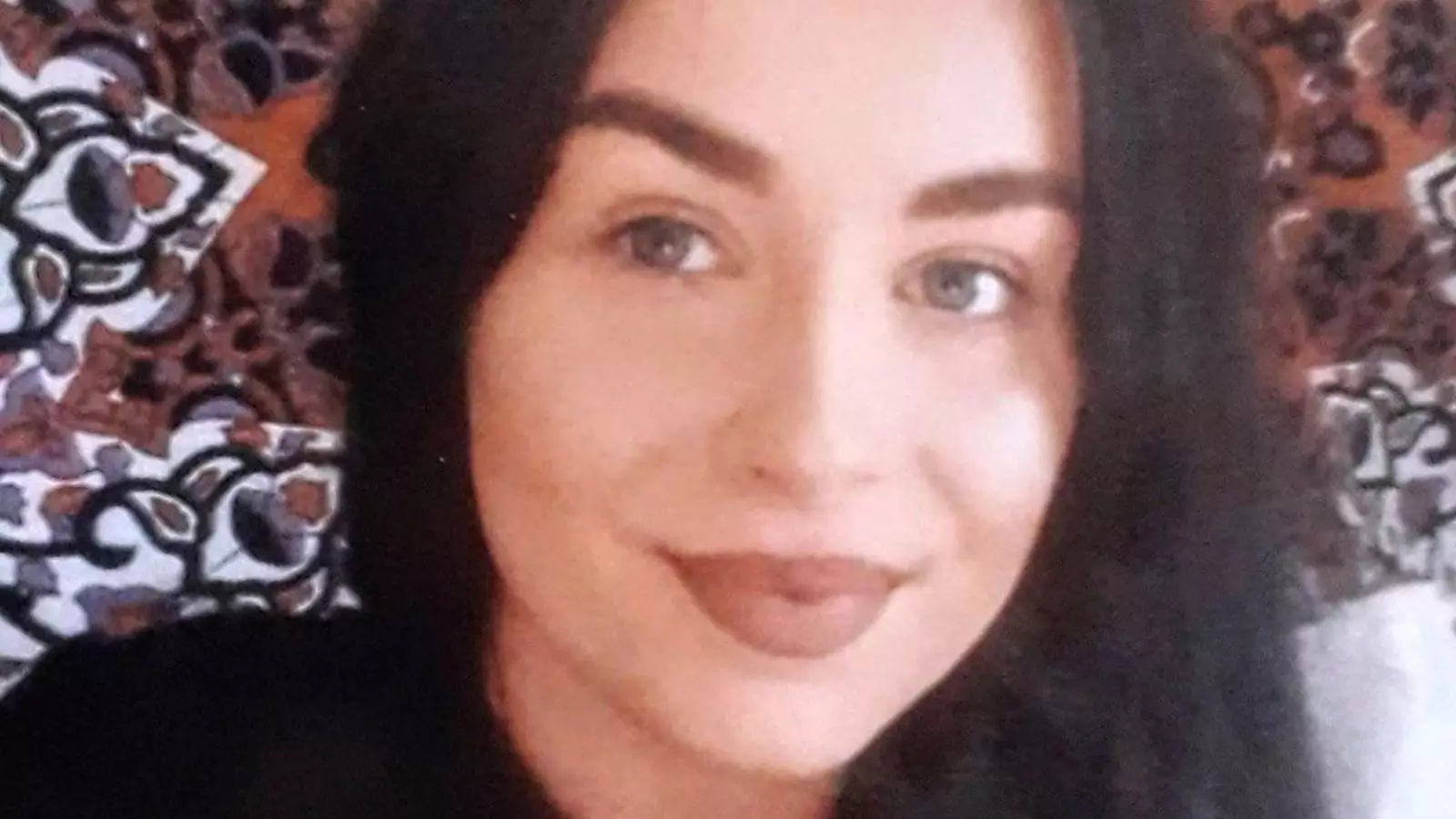In a heartrending testimony on The UK Tonight With Sarah-Jane Mee, Sharon Huddleston confronted the profound grief that accompanies the loss of a child. Her daughter, Caitlin Huddleston, tragically lost her life in a car crash—a shocking incident that also claimed the life of Caitlin’s friend, Skye Mitchell. This devastating story raises a pressing question: How many more young lives must be lost before we acknowledge the urgent need for tougher road safety laws for new drivers? Ms. Huddleston’s passionate plea for a graduated driving licence (GDL) system brings to light a critical oversight in our approach to youth safety on the roads.
The statistics do not lie; in 2023, young drivers accounted for a staggering one-fifth of fatal or serious injuries in car collisions across Great Britain. Despite overwhelming evidence demonstrating that GDLs can significantly reduce this alarming trend, the government has turned a blind eye. Why are we so hesitant to safeguard our youth and champion their right to live? The resistance to implementing GDLs under the guise of fairness feels almost hypocritical when weighed against the lives lost each year.
International Evidence: A Path Not Taken
Countries like Canada have embraced innovative solutions, demonstrating that implementing a graduated system can lead to drastic reductions in youth-driver fatalities—by an incredible 83%. This striking evidence should compel us to reconsider our current trajectory. These graduated systems not only introduce a measured and gradual approach to obtaining full driving privileges but also impose crucial restrictions, such as limited nighttime driving and caps on young passengers.
What is so radical about protecting our teenagers? Can we honestly argue that there is an alternative, safer approach? The concept of a GDL addresses key risk factors often exhibited by young drivers, such as inexperience and impulsivity. These conditions are exacerbated by a societal glorification of youth rebellion and speed—a dangerous cocktail for our teenage drivers. We need to shift the cultural narrative surrounding youthful exuberance and instead foster a mindset that prioritizes safety above bravado.
A Preventable Tragedy
Ms. Huddleston’s evidence-based argument powerfully underscores a grim reality: Caitlin’s fate may have been spared had GDL legislation been in effect. As a loving mother, Ms. Huddleston’s outrage is justified; a future full of hope and potential was robbed not just from her daughter but also from countless others who face similar dangers daily. This sentiment echoes the pain shared by Dr. Ian Greenwood, who tragically lost his young daughter, Alice, to a speeding young driver. Their stories serve as grim reminders that the current system is failing, and it is our responsibility to change it.
Among the many dangers highlighted by Dr. Greenwood’s tragic experience, distractions and speeding were notable culprits—a “bingo” of risk factors that a GDL could have effectively mitigated. By resisting such sensible reforms, we are tacitly allowing this deadly combination to persist, putting young lives in grave danger. How can we justify this negligence in light of overwhelming data?
Fighting for Future Generations
Ms. Huddleston’s rallying cry is more than a plea for personal justice; it’s a robust demand for systemic change that has the potential to save numerous lives. The argument against GDLs, suggesting they unfairly penalize young drivers, is not only unfounded but shockingly tone-deaf. Instead of fostering an environment where youth can safely learn to drive, we are inadvertently creating a landscape where reckless behavior is normalized.
It’s time for us to confront the real question: How many more parents must endure the unimaginable loss and grief that accompanies losing a child? How long must we wait for our policymakers to put lives before political rhetoric? The future of our children must be prioritized, and that starts with robust legislation designed to protect them. They deserve every chance to thrive, to make mistakes, and to learn from them—safely.
Let us honor Caitlin, Alice, and all young lives lost by demanding accountability and action from our leaders. It is not just a call for laws; it is a fight for life itself. Inaction is not a neutral choice—it is a choice that carries consequences. The time for change is now.


Leave a Reply